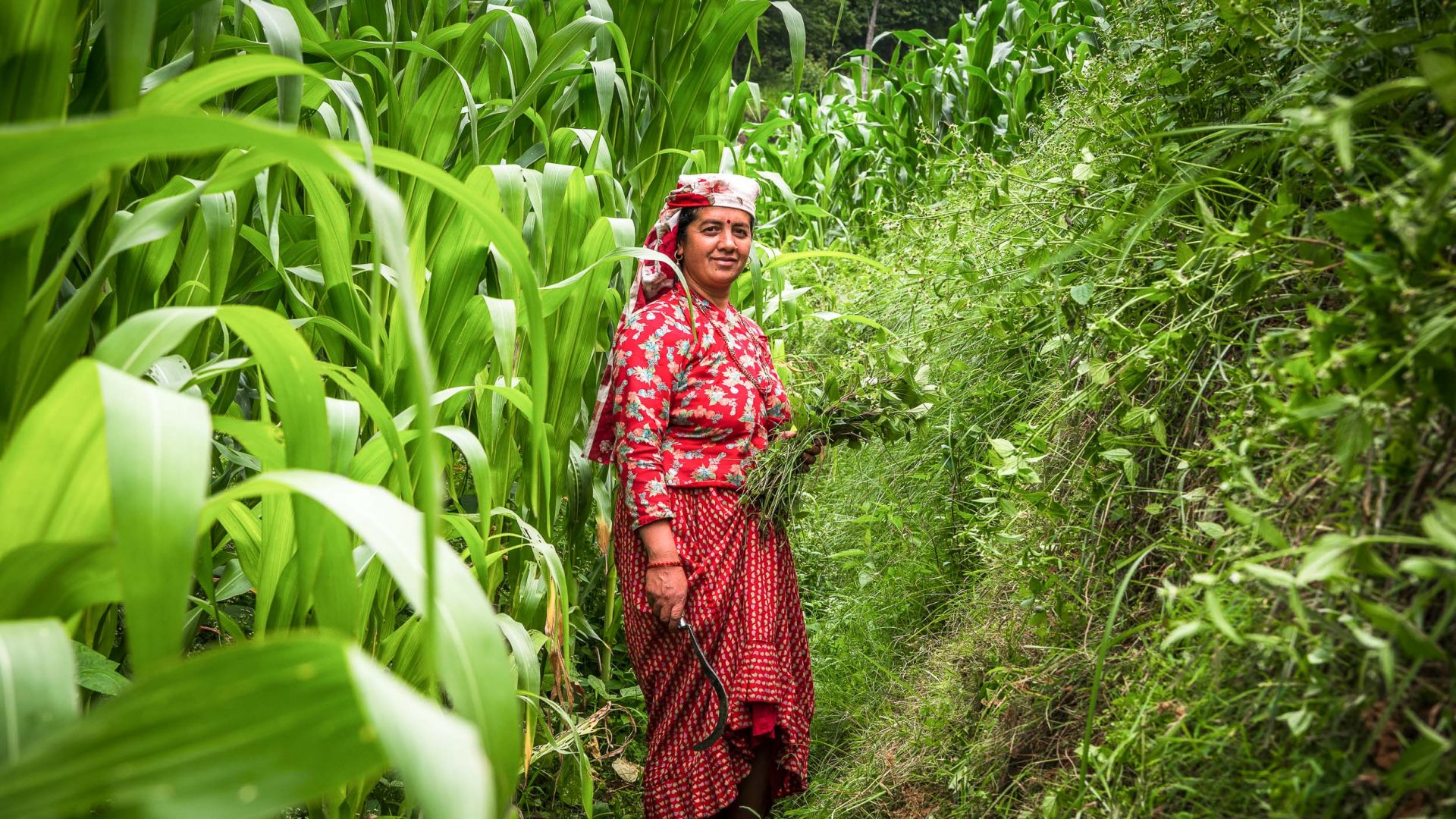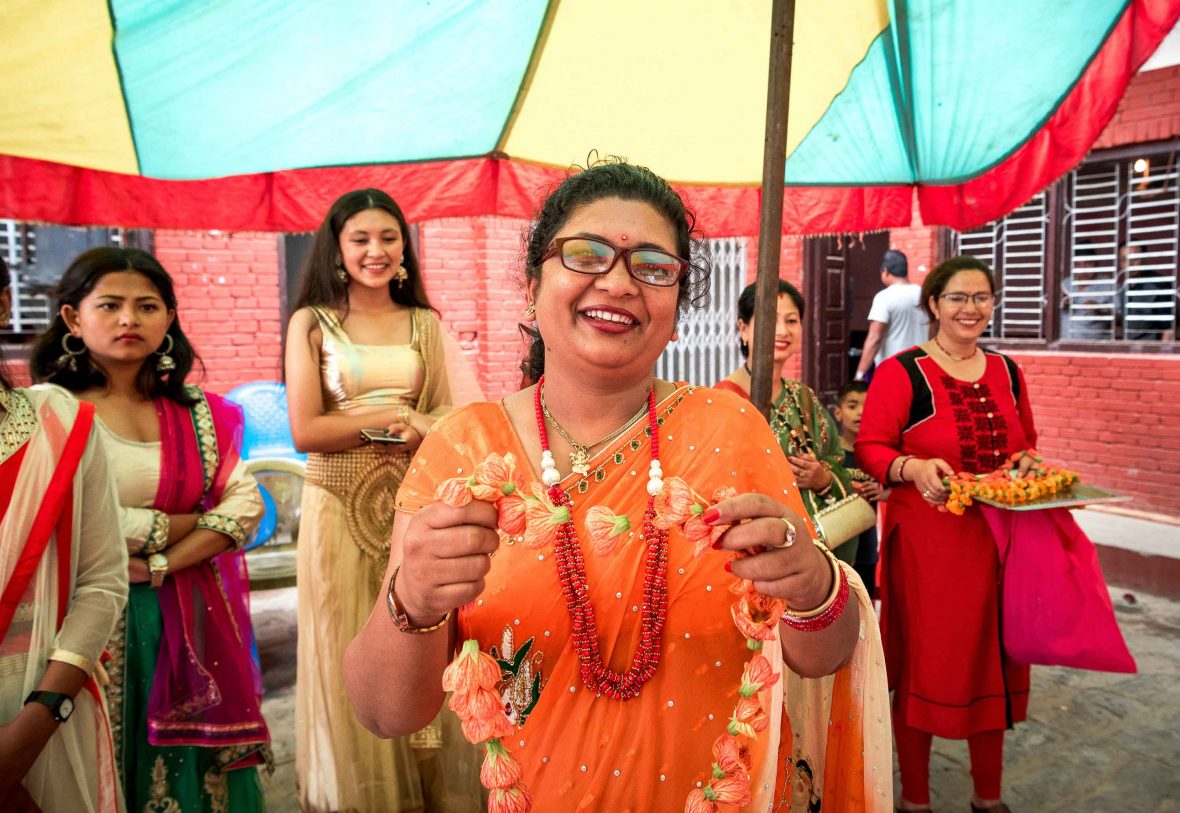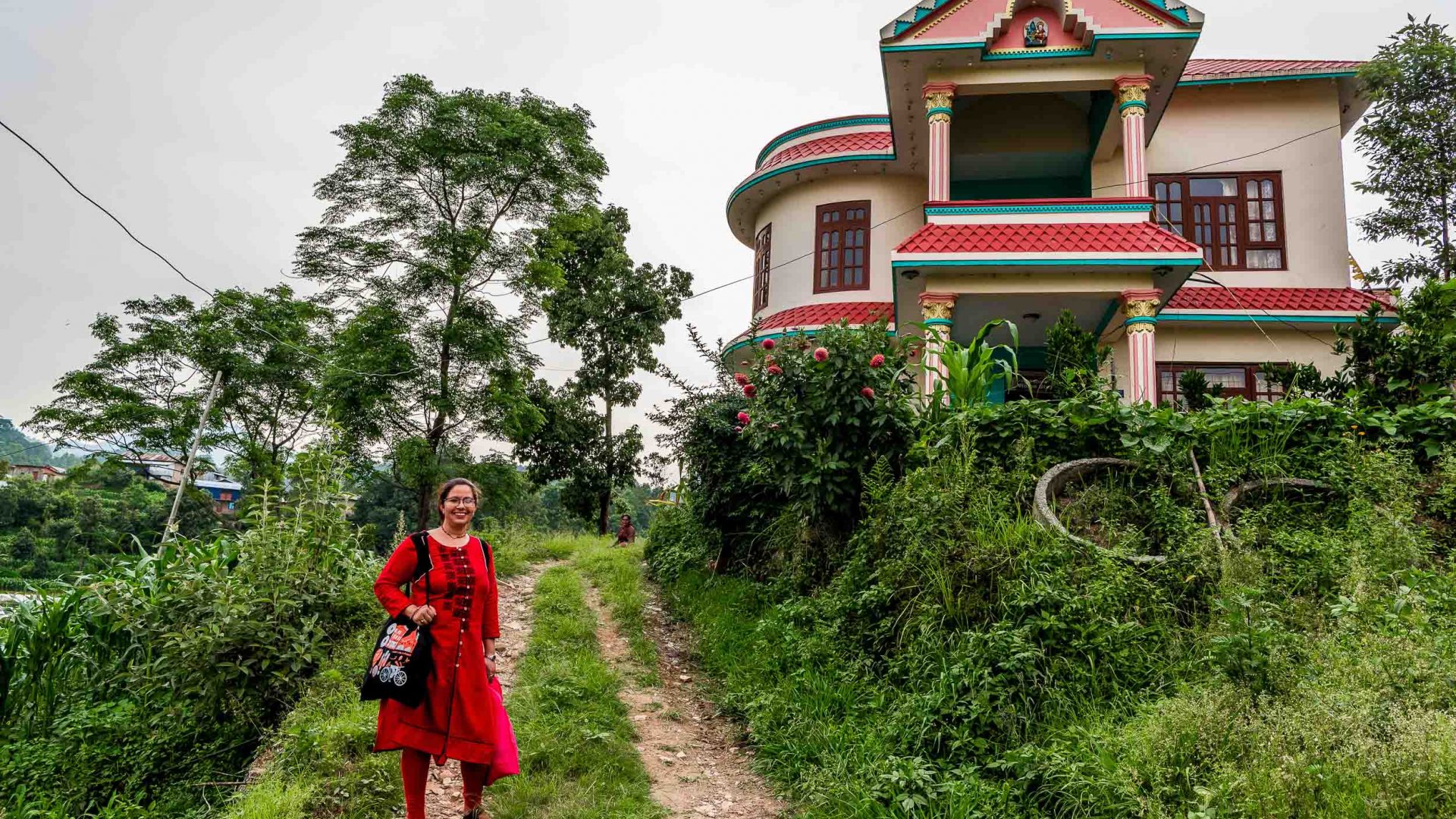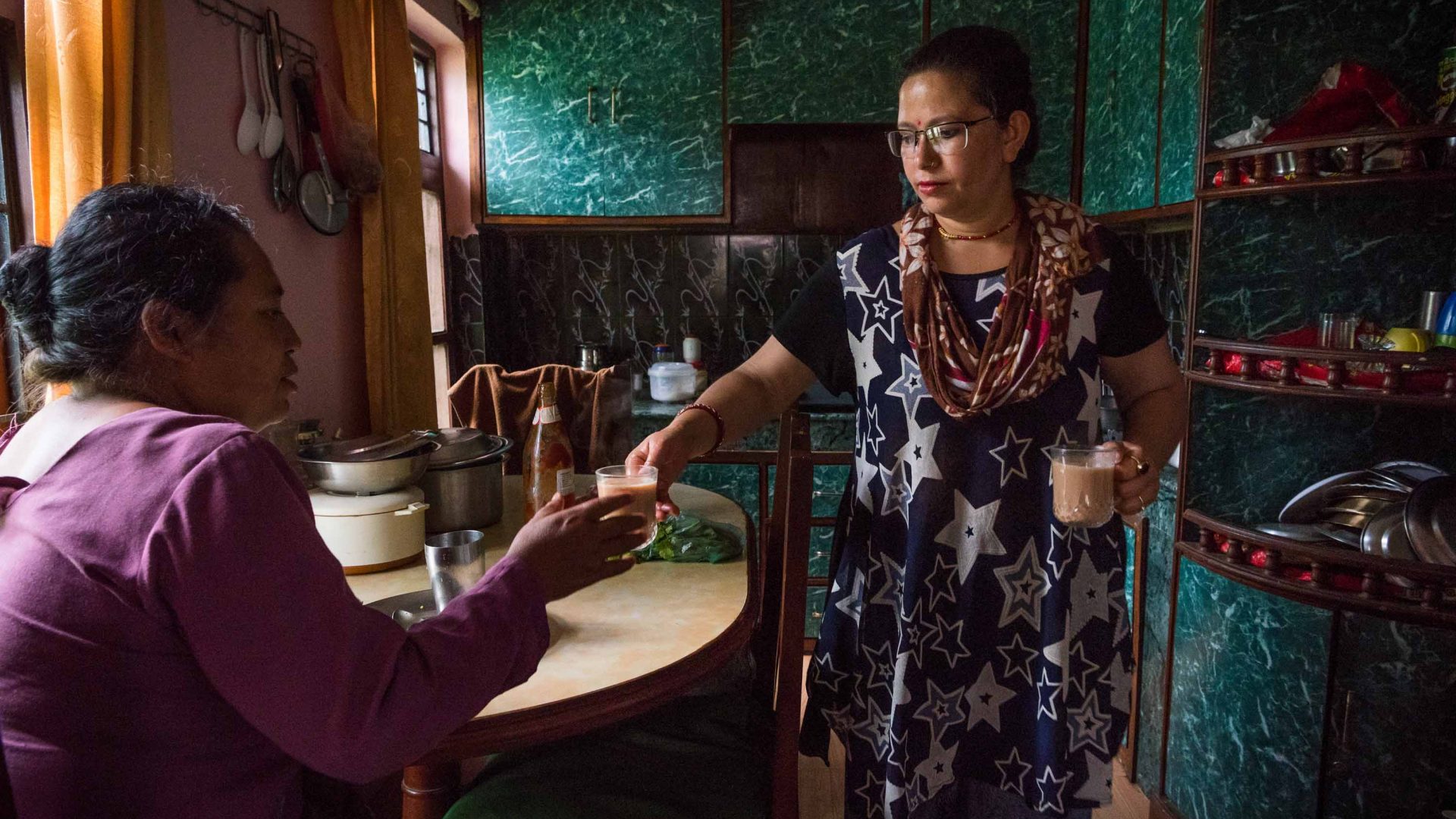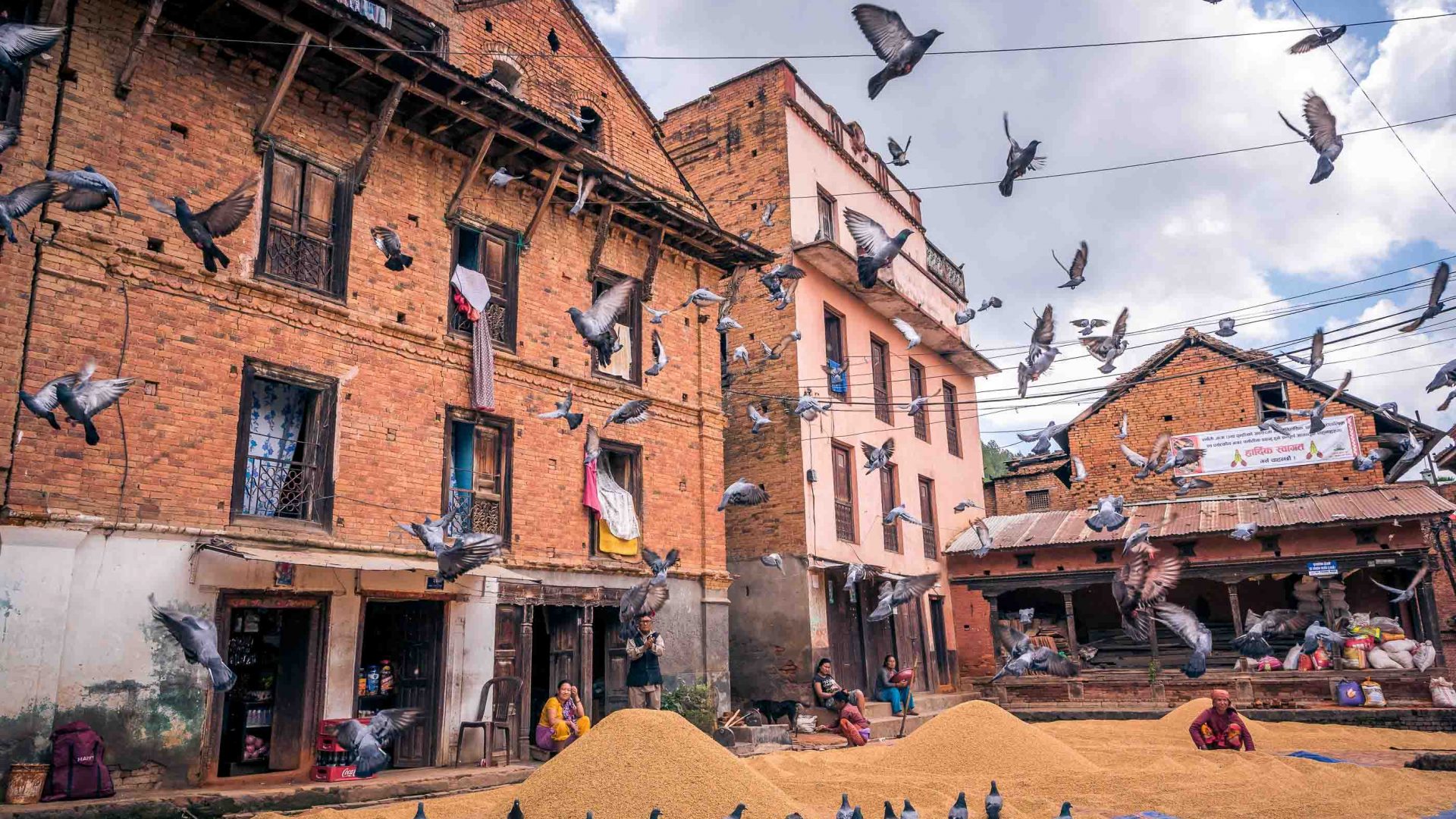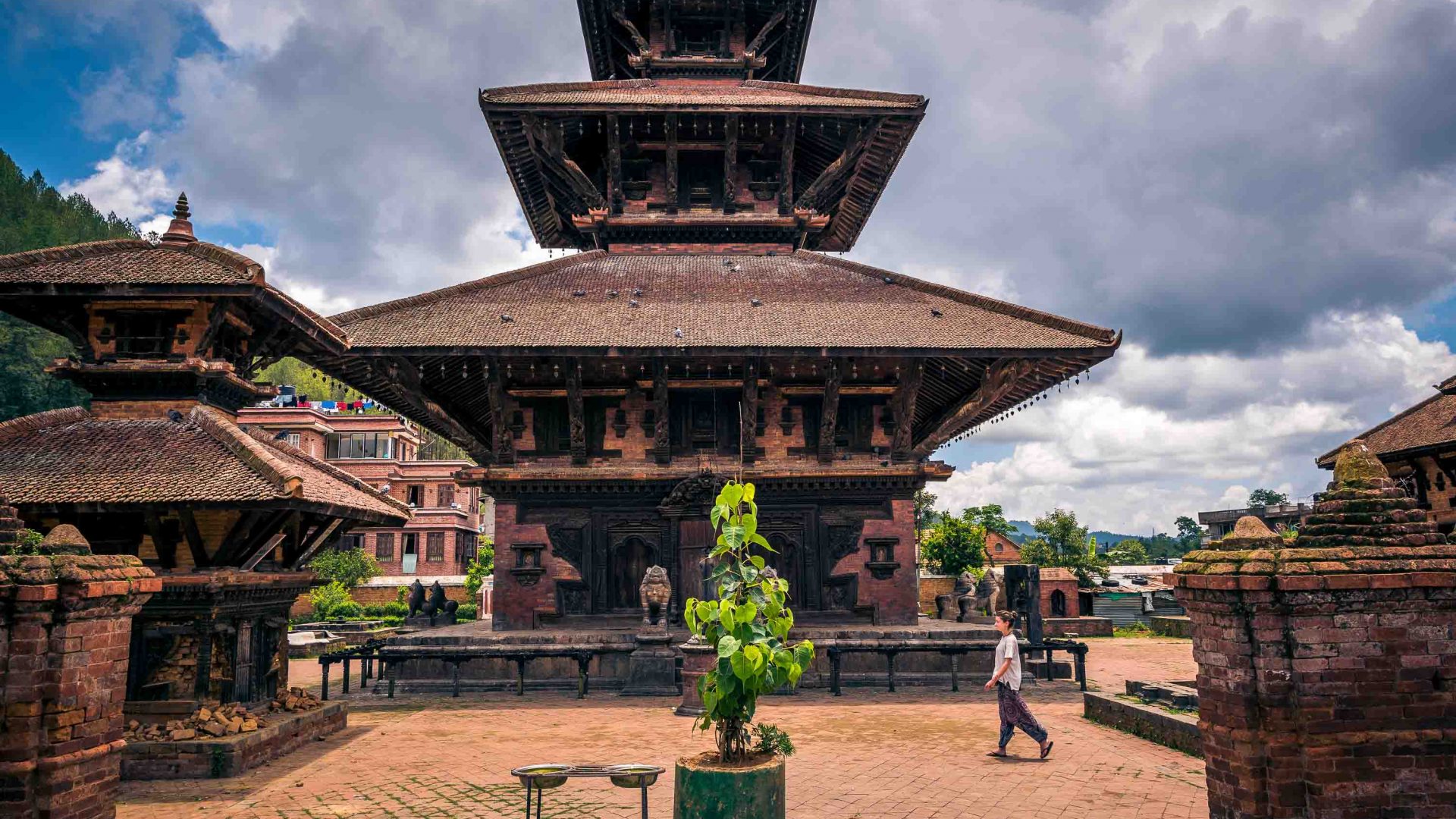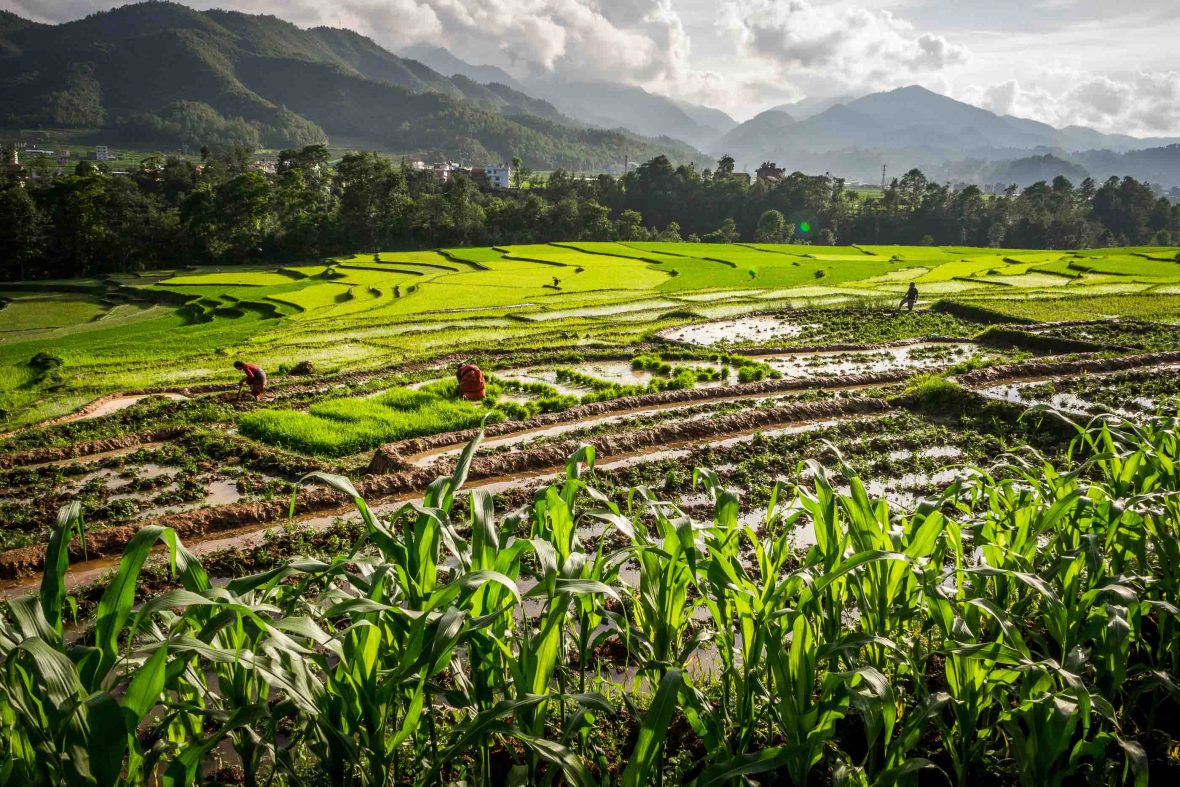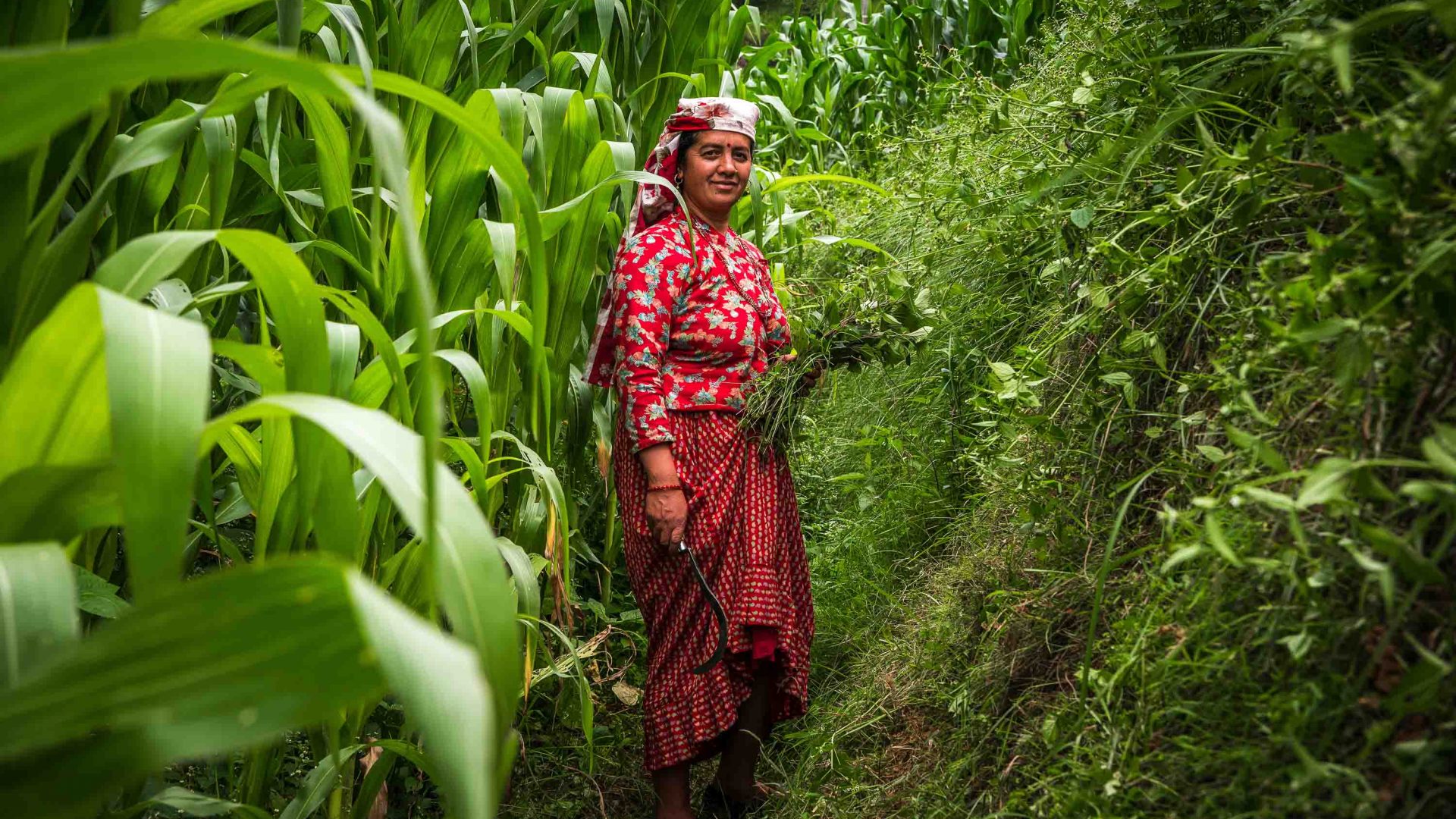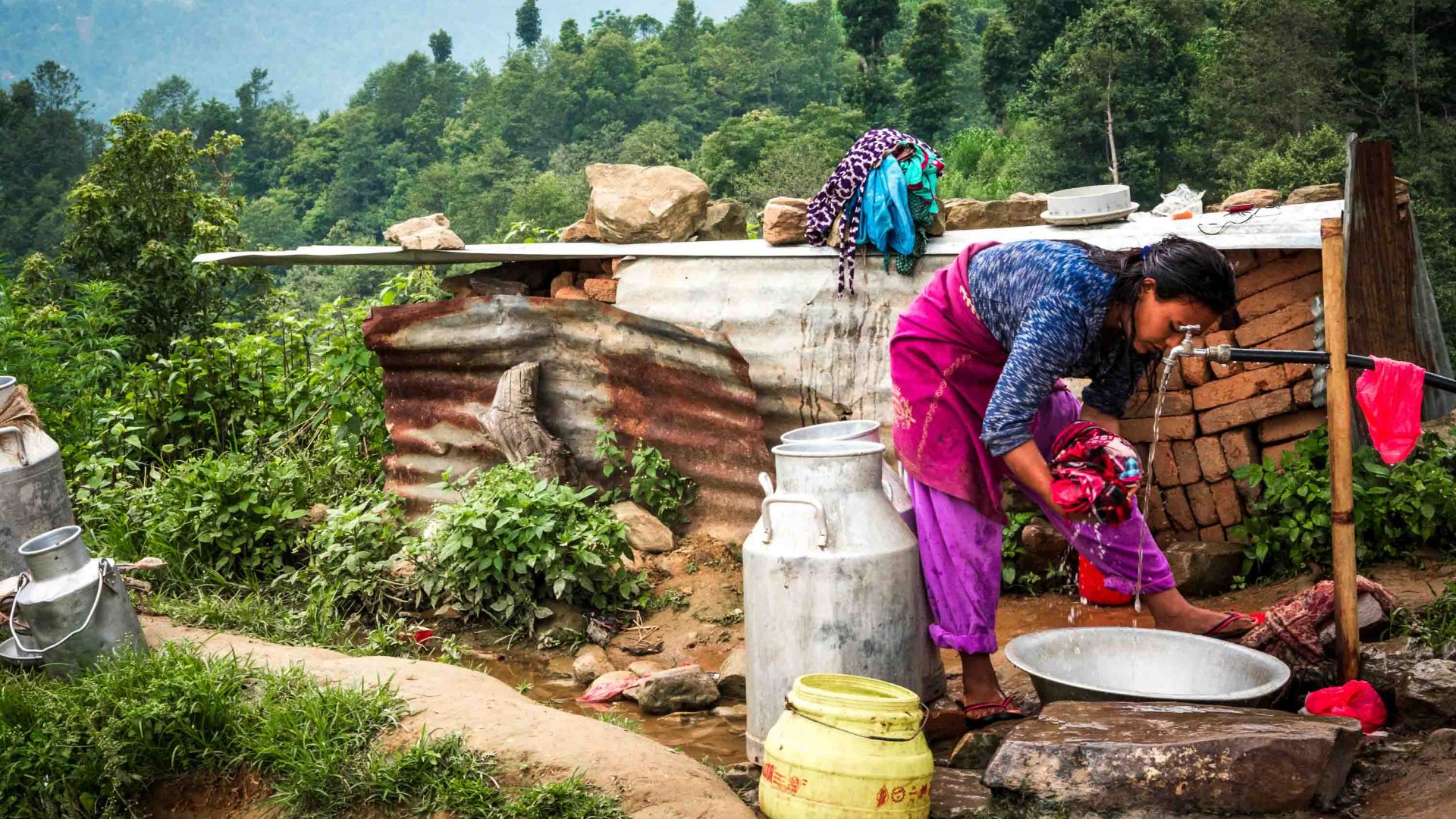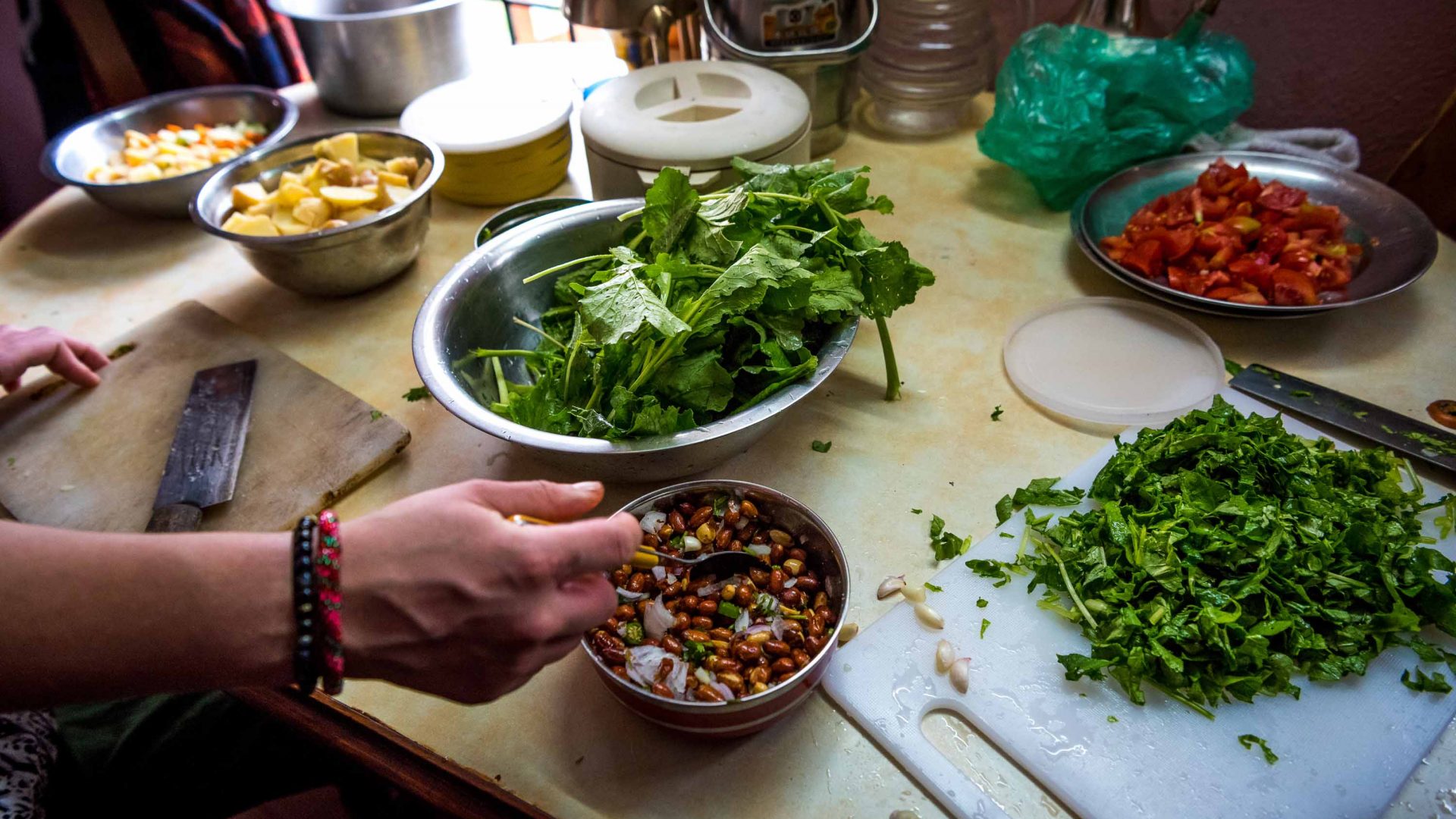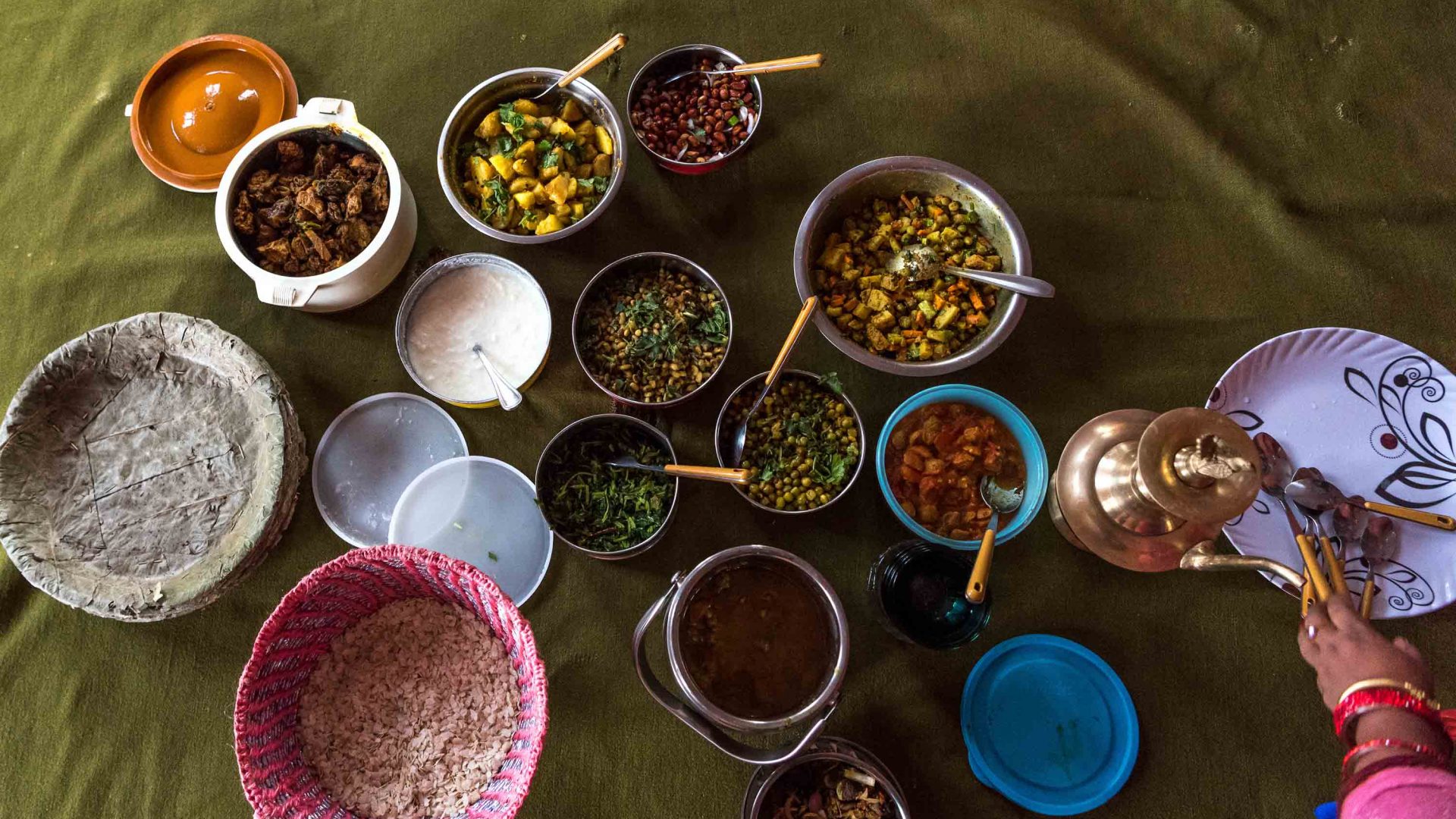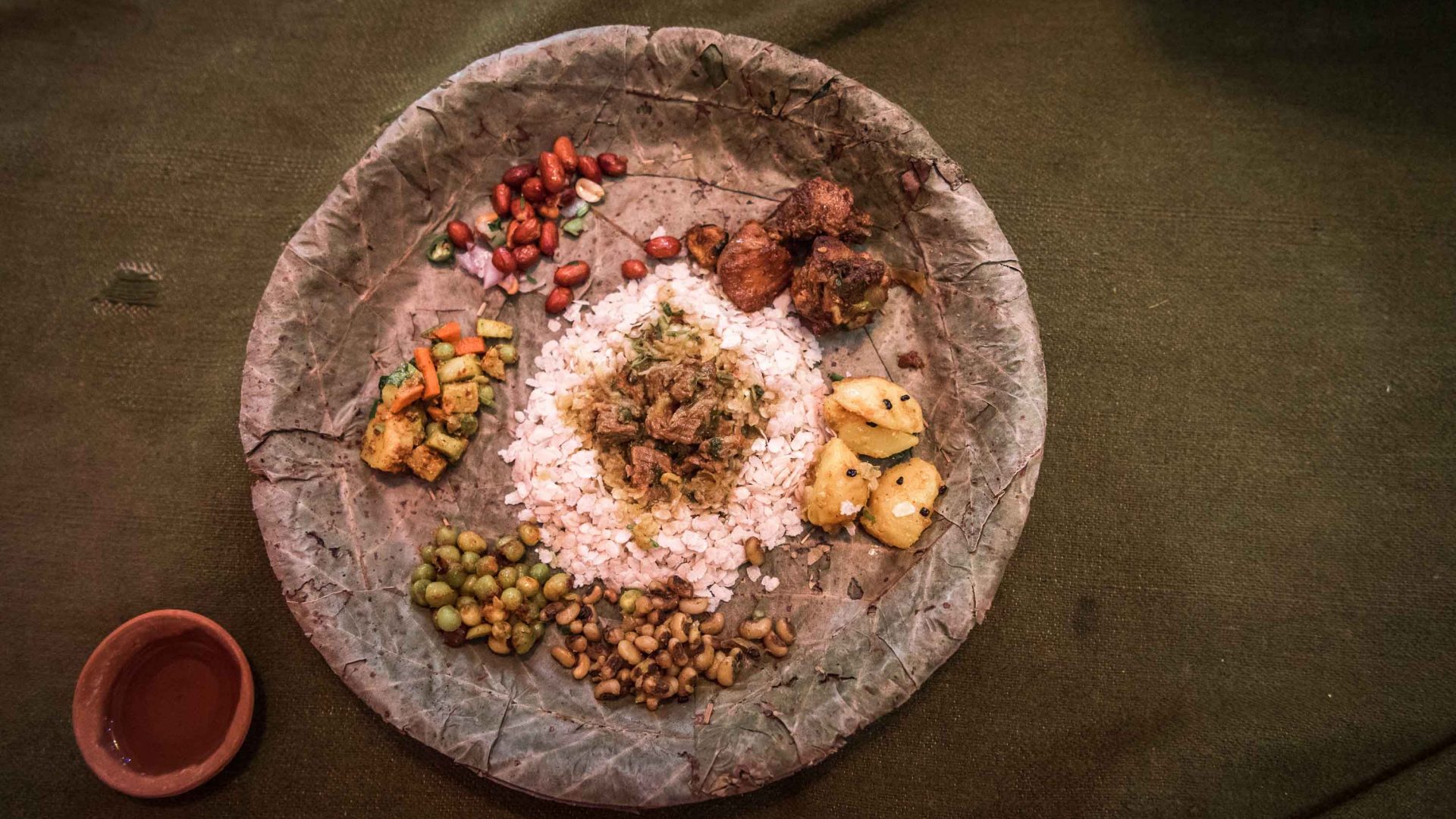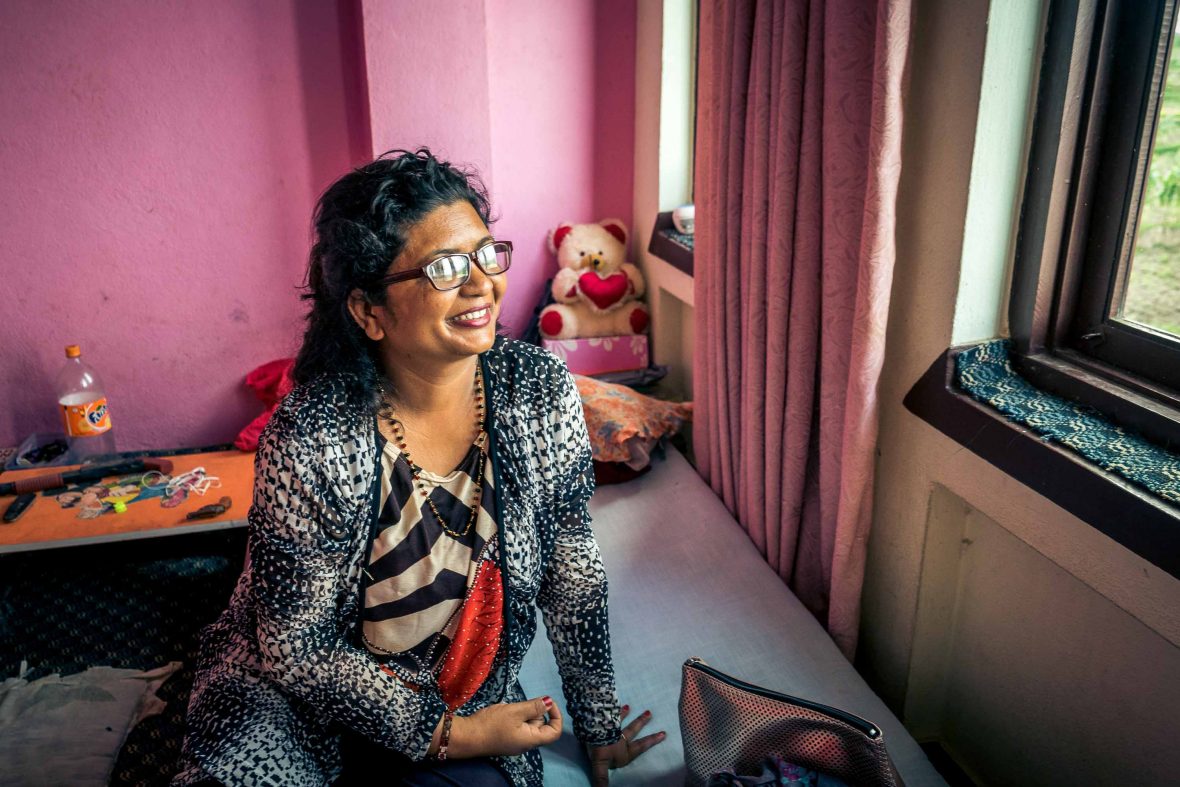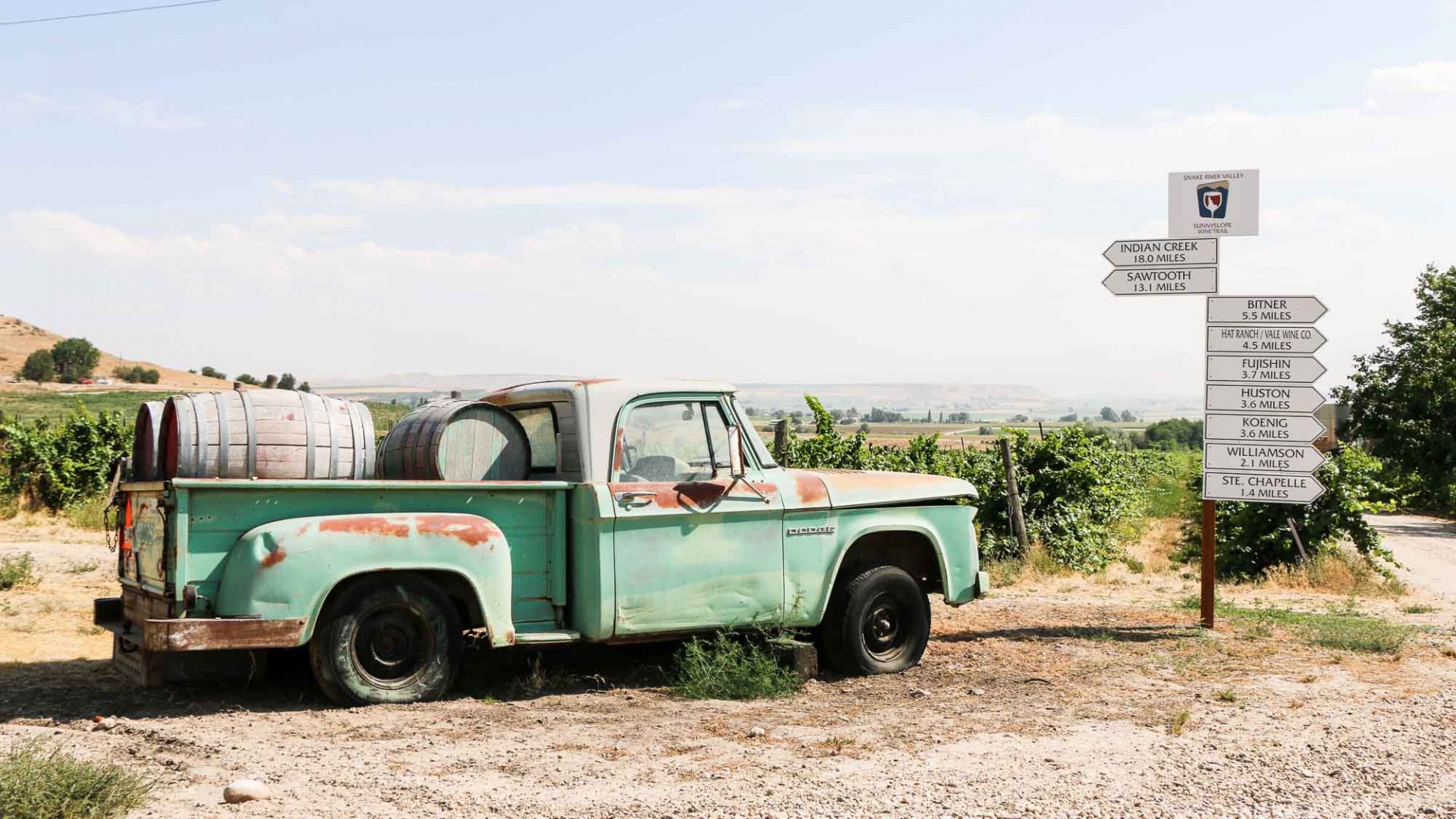Editor’s note: This article was published before the coronavirus pandemic, and may not reflect the current situation on the ground.
Rather than sit back and let tradition dictate how their lives should play out, these independently-minded Nepali women are building businesses, supporting one another and championing financial freedom.
It’s my first day in the Newari town of Panauti, Nepal, and I’m gatecrashing a wedding.
The bedazzled young bride looks demure under a veil of gold and red lace while her sister prims and prepares her for the groom who is standing nervously outside the door. In the dusty courtyard, I find a group of women decked out in vibrantly colored saris milling around, dancing, and serving trays of fried water buffalo meat, chapatis, and other snacks. The men seem to be relegated to background, as the women scurry around in a frenzy of non-stop activity.
As these vivid blurs of yellows and reds move closer, one of the women, Shila, dances up to me with a wide smile and a garland of flowers which she places over my head, settling it around my neck.
“Welcome to Panauti!” she says before handing me off to my Nepali mother, Sabita, who I’ll be staying with for the next few days. Sabita grabs my bag and motions to me to follow as we begin a mini trek along gravel paths and muddy rice paddies through the village.
RELATED: The last Wakhi shepherdesses of Pakistan
The Newari are a mixed race of Tibetan and Indian people who, for centuries, have called these rolling foothills near the Himalayas home. I’ve arrived in the heart of rice-planting season, a week ahead of the monsoon rains. Sabita leads me along shortcuts, curving through the paddies, where other women stand calf-deep planting rice.
One final uphill trek and we arrive at her pink and cream icing-colored house with panoramic views over the same paddies we’d trudged across. Sabita’s birthday cake of a house will be my home while I get to grips with the everyday lifestyle of Panauti women.
Women like Sabita and Shila are confidently earning their own income sustainably by sharing their everyday lifestyles with travelers. To date, the homestay project has hosted over 1,600 guests in this tucked-away foothill community—one that most travelers would otherwise have ignored.
The historical town of Panauti is an intricate labyrinth of narrow alleys which open up to terracotta temples such as Indreshwor Temple, sacred cremation ghats, and monuments—many of which date back to the 13th century.
Moniika, Sabita’s teenage daughter, welcomes us into their home with a warm smile. Sabita’s husband works as a security guard in Saudi Arabia and is often away for long stretches, while her eldest daughter, Kabitha, is studying in Australia.
Kabitha’s spacious room, surrounded by family memorabilia, mementos, knick-knacks, and private photographs, becomes my temporary sanctuary, which feels like a privilege. While homes are modest with basic amenities and a few squat toilets, thanks to the economic growth of the project, many host homes have now installed solar panels for heating.
The next morning, I meet local Nepali guides, Puskar (from the Chhetri tribe), and Shila’s husband, Ashok (from the Tamang tribe), for a morning hike. The Chhetri are a Nepali-speaking group of Indian descent while the Tamang are a Tibeto-Burman ethnic group.
Our slow hike takes us around lush hills past rice paddies, corn fields, and tomato gardens—I notice many of the farmers I meet along the way are women. Our destination is a Tamang village, some 350 meters above the community, to sample rotsi, a sharp local whiskey made from millet.
This mini celebration consists of a variety of small dishes and salads, such as a beaten-flat rice called chiura, pickled tomatoes (achar), and a spicy peanut salad called badam sadeko. The main meat dish is often buffalo meat curry. And the entire feast is washed down with the Nepali whiskey, rotsi.
RELATED: The fly fisher on a mission to get more women on the water
Everyone is served in a line as we sit cross-legged on the floor. Two scoops of each item are placed onto well-used plates, stitched out of banana leaves, and a bowl of water is passed around so we can wash our hands and prepare to dig in, sans cutlery.
As we sit around the delicious bowls of food (and I inelegantly try eating it with my fingers), I understand why this sisterhood is needed: To support each other and encourage financial freedom in traditionally patriarchal communities.
“Ashok and I were not supposed to marry,” Shila tells me as we sit at her small kitchen table the next day, her fingers working and spreading dough. She’s teaching me how to make momos, Nepali chicken dumplings. “He is Tamang and I am Chhetri. We are from two different castes. Our marriage was not arranged, because we married for love.” She ends with a coy smile that seems like a small yet important sign of her independence.
While our momos steam to perfection, Shila dons me in a pomegranate-colored sari and draws a beautiful Indian henna art pattern that snakes up my fingers and palms. She adds a garland of flowers around my neck, just as she did when she welcomed me, and finishes by placing a red tika dot made from turmeric in the middle of my forehead—a sign of devotion.
It’s around Shila’s modest dinner table that the homestay experience galvanizes. Whether it’s making dinner with the hosts or hearing intimate stories like this, the privilege of being invited into the homes of these strong and independent women is not lost.
—-
The author was a guest of the Panauti Community Homestay, two hours from Kathmandu, Nepal.
